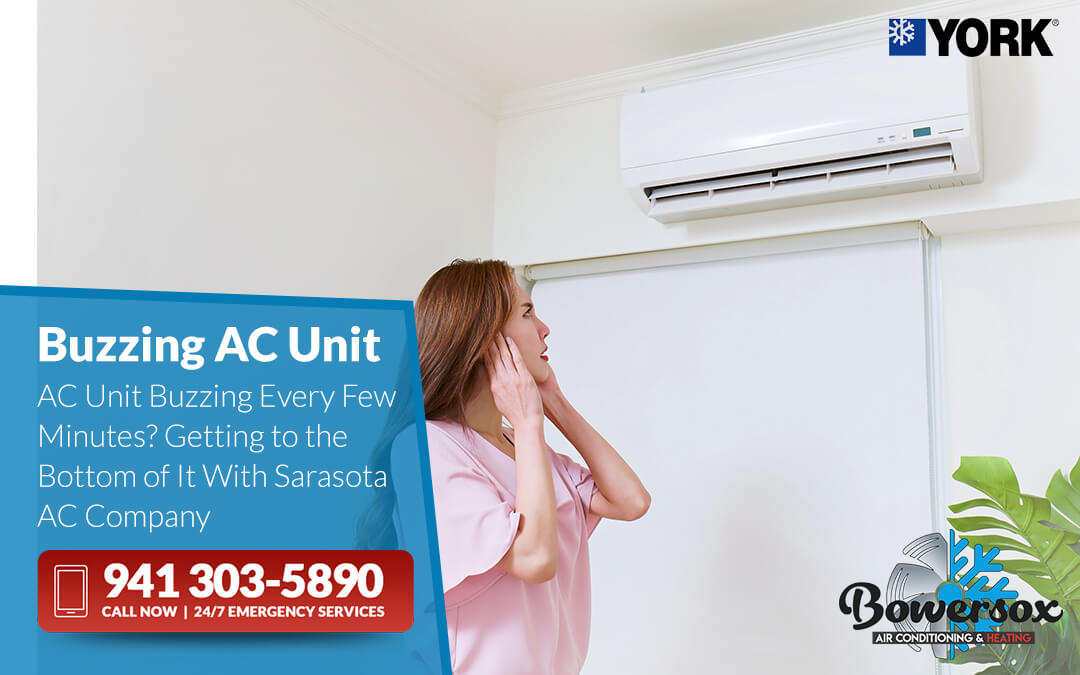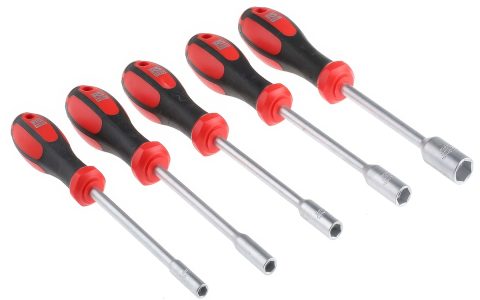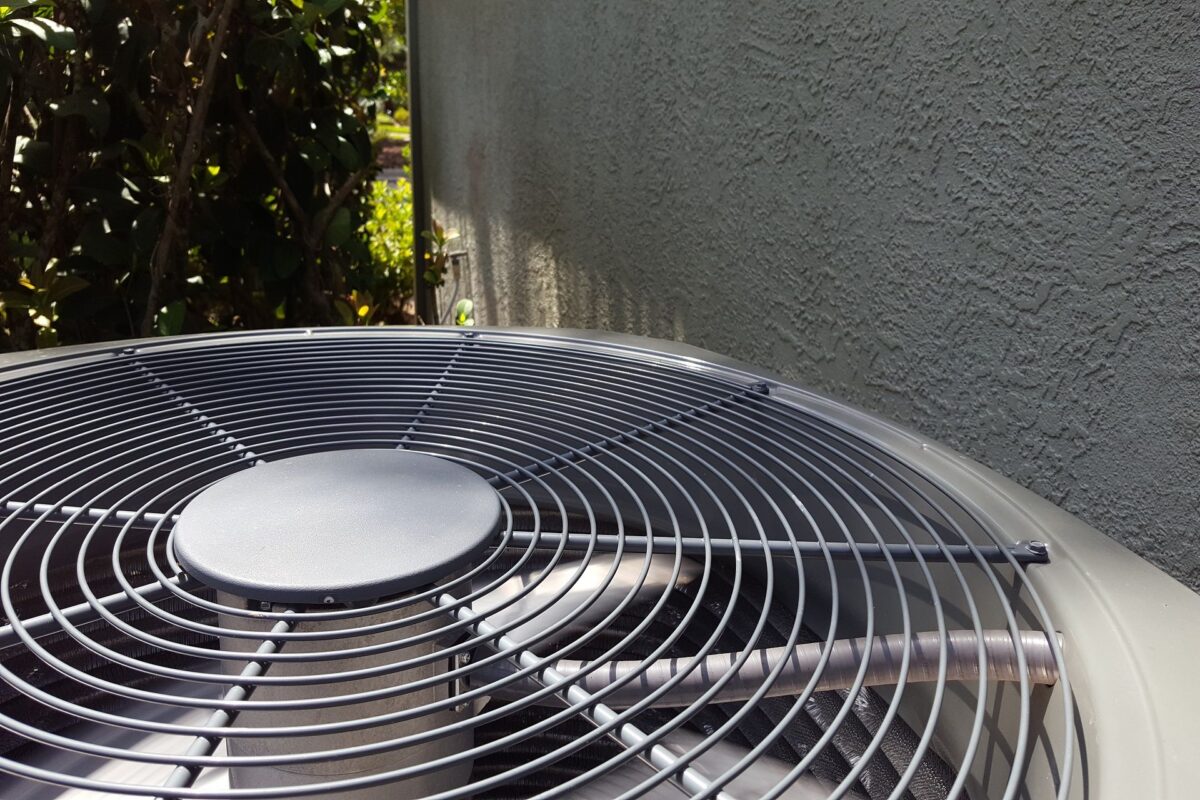Potential Causes for Intermittent AC Buzzing
An AC unit emitting a buzzing sound every few minutes can point to several issues, often electrical or mechanical. Early diagnosis is key.
- Electrical Components:
A failing contactor (an electrical relay controlling the compressor and fan) may chatter or buzz before complete failure. A struggling capacitor (start or run capacitor for the compressor or fan motor) can cause motors to hum or buzz as they attempt to start or operate inefficiently. Loose electrical wiring might also create buzzing sounds due to arcing.
- Compressor Stress:
The compressor, the system's main pump, might buzz due to high internal pressure, lubrication problems, or internal wear. A loud buzz, especially during startup, can indicate a compressor struggling to start, potentially requiring a hard start kit or signaling impending failure.

- Fan Motor Issues:
Either the indoor blower motor or the outdoor condenser fan motor can develop bearing issues or electrical faults that cause intermittent buzzing. The sound might occur as the motor struggles to reach or maintain its operational speed.
- Refrigerant Flow Issues:
While less common as a direct cause of intermittent buzzing, abnormal refrigerant pressures (too high or too low) can strain the compressor, leading to buzzing sounds. A buzzing might also be related to refrigerant passing through a restriction, though this is often more continuous.
- Vibration and Loose Parts:
Mechanical buzzing can occur if access panels, mounting brackets, or refrigerant lines are loose and vibrate against other components. This sound may seem intermittent if it only occurs under specific operational pressures or fan speeds as the unit cycles.
Initial Troubleshooting Steps
Before calling a professional, some basic checks can help narrow down the potential source of the buzzing:
- Locate the Sound: Determine if the buzz originates from the indoor unit (air handler/furnace) or the outdoor unit (condenser). This helps focus diagnostic efforts.
- Observe Timing: Note if the buzzing occurs specifically when the unit attempts to start, while it is running consistently, or as it shuts down. This timing can point towards specific components (e.g., a start capacitor buzzing only on startup).
- Visual Inspection (Outdoor Unit - Ensure Power is OFF): Crucial Safety Precaution: Turn off all power to the AC unit at the main electrical panel breaker and the outdoor disconnect switch before any inspection. Look for obvious issues such as debris obstructing the condenser fan, loose access panels, or refrigerant lines that are visibly vibrating excessively against the chassis or other parts.
- Check Air Filter (Indoor Unit): A severely clogged air filter can significantly strain the indoor blower motor, potentially causing it to buzz. It can also lead to problems like a frozen evaporator coil, which might indirectly cause other operational sounds or stresses.
When Professional Diagnosis is Necessary
Intermittent buzzing, particularly if you suspect it is related to electrical components (capacitors, contactors) or the compressor, often signifies a developing problem that can escalate into more significant damage or complete system failure if not addressed. Due to the high voltages and complexity of AC systems, professional diagnosis and repair are strongly recommended.

An HVAC technician will typically inspect and test:
- Capacitors (both start and run) for correct microfarad (µF) readings using a multimeter.
- The contactor for pitted, burnt, or welded points.
- All electrical connections for tightness, corrosion, or signs of overheating.
- Compressor amperage draw, winding integrity, and operational superheat/subcooling.
- Fan motor bearings, amperage draw, and capacitor health.
- System refrigerant charge and pressures to ensure they are within manufacturer specifications.
Addressing the intermittent buzzing issue promptly with a qualified HVAC technician can often prevent a minor problem from escalating into a more extensive and costly repair, or even a full system replacement.











